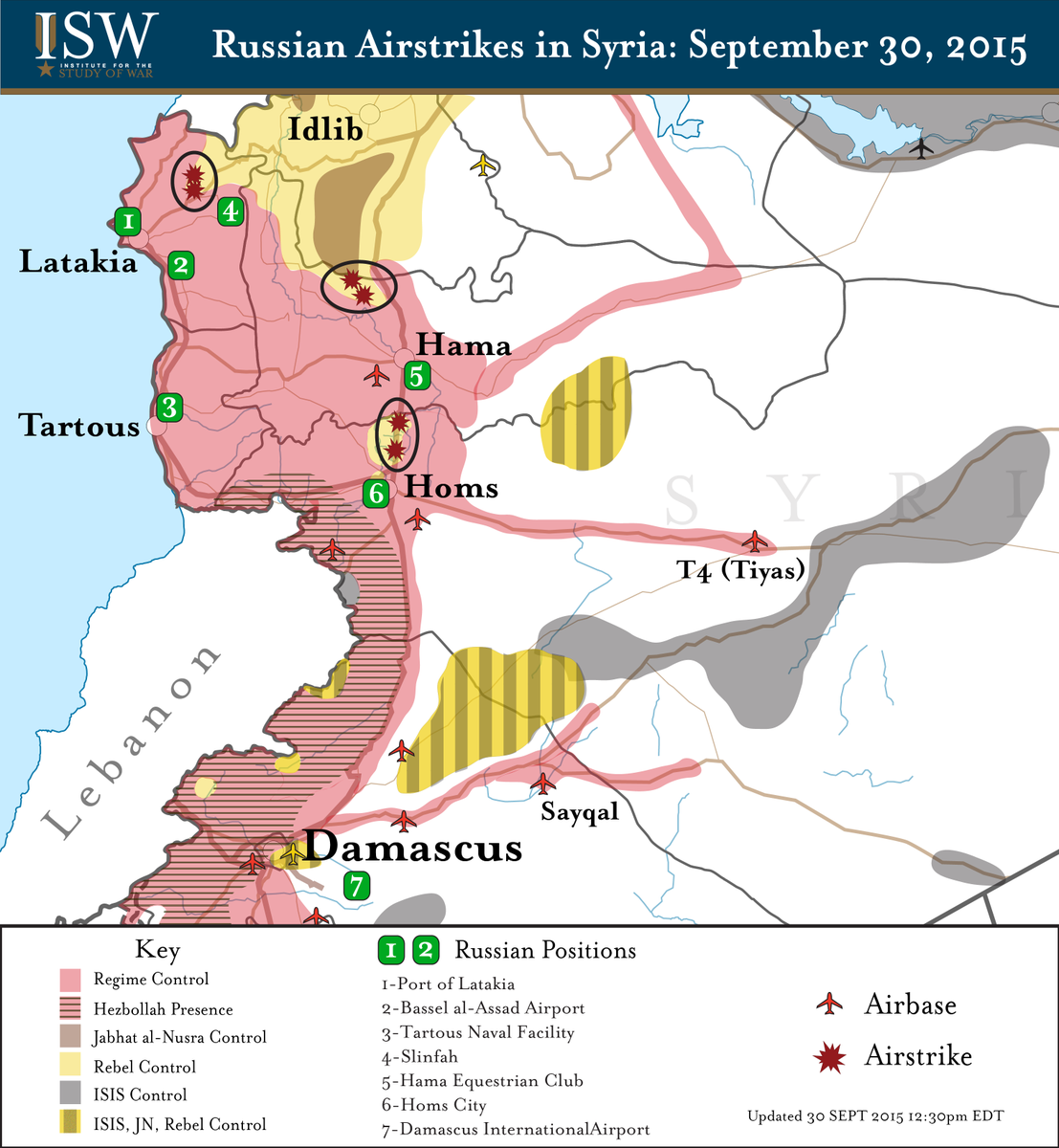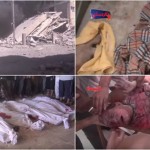Remember when the United States led the world for a better world and was successful?
As the Kurds were once on the side of the United States in Iraq and as up to 400 veterans went back to the fight in Iraq to stand with the Kurds, matters just got exponentially worse due to Barack Obama betraying the Kurds.
Syria Kurds ask Russia for arms, coordination
YPG chief Sipan Hemo told Sputnik Türkiye that his fighting force wants Russian assistance.
YPG chief Sipan Hemo told Sputnik Türkiye—which is owned by Moscow—that his fighting force requested arms from Russia as well as general military coordination, according to a translation of the interview prepared by Turkey’s Anadolu news agency.
“He also called on Moscow to bomb Al-Nusra Front’s positions,” Anadolu added a day after Russia began its airstrikes in Syria on behalf of the Bashar al-Assad regime.
In turn, the report added that a foreign relations official for the Syrian Kurdish Democratic Union Party—which controls the YPG—said his party was “ready to cooperate with any actor fighting ISIS.”
“We are currently receiving support from the US and the [Iraqi Kurdish] Peshmerga,” Idris Naasan added.
Syrian Kurds have been rolling back ISIS across large swathes of territory in northern Syria with the assistance of US airstrikes, while also fighting Nusra in the Kurdish-populated Afrin region northwest of Aleppo.
The YPG commander’s comments come after a pro-Hezbollah Lebanese daily reported in late September that Russia had set up a coordination process with Kurdish forces and parties in northern Syria.
“A Russian military delegate paid a secret visit to a number of Kurdish military commanders in Hasakeh and inspected areas of confrontation between the YPG and the armed groups,” the Al-Akhbar article said.
Moscow announced Wednesday that it had begun its air strikes in Syria, insisting it hit “eight ISIS terror group targets,” while rebel groups, the US and France all said Russia had not bombed the extremist group.
On Wednesday morning, activists and rebels said that state-of-the-art Russian fighter jets had conducted bombing runs on Lataminah, a town northwest of Hama, as well as a region north of Homs, neither of which are ISIS strongholds.
Syrian state TV, for its part, reported that Russian jets hit ISIS targets near Homs’ Rastan and Talbisah—where ISIS does not have a presence—as well as areas near Hama’s Salamiyah, where the group does maintain frontlines with regime troops as well the Nusra Front.
UNITED NATIONS (AP) — Nine nations or five? In speeches at this year’s U.N. gathering of world leaders, major powers are increasing calls for multilateral negotiations to end the war in Syria. But Europe and the United States are split on who should be at the table.
The Europeans invoke the success of the Iran nuclear talks in arguing for a similar format — with key additions.
Iran negotiated with the United States, Russia, China, Britain, France and Germany to reach their July 14 agreement. French Foreign Minister Laurent Fabius on Wednesday called for a similar arrangement “enlarged with regional partners.”
The Americans, in contrast, want a tighter group, without the Europeans.
Fabius did not elaborate on his vision. But two diplomats told The Associated Press that this time, instead of making demands on Iran, as was the case at the nuclear talks, the Europeans want Tehran to work with them, the Americans, Russians and Chinese on finding a peace formula. Saudi Arabia and Turkey also would be included.
The diplomats — one European the other from the Middle East — said that Britain, France and Germany all spoke up in favor of that format on the sidelines of the U.N summit earlier this week during the first meeting of Iran and the six world powers since the nuclear deal was struck.
But the Americans want any negotiations restricted to themselves, the Russians, Iran, Saudi Arabia and Turkey.
Washington accepted being one of six nations at the nuclear negotiations because they came late. After initially refusing to sit at the same table with Tehran the United States joined in 2006, three years after Britain France and Germany reached out to the Islamic Republic.
A U.S. official familiar with the issue said that in the case of Syria, U.S. Secretary of State John Kerry preferred to keep the focus on countries that are directly involved.
He and the diplomats demanded anonymity because they were not authorized to speak on the dispute.
Russia, in turn, appears to favor others being kept in the loop, even if they aren’t sitting at the negotiating table.
Russian Foreign Minister Sergey Lavrov told the Security Council on Thursday that Moscow wants “standing channels of communication to ensure a maximally effective fight.” He listed Iran, Russia, Saudi Arabia, Turkey, Egypt, Jordan, Qatar, the U.S. and China as nations with a role in Syria talks.
Kerry met Lavrov for a third time on the sidelines of the U.N. summit on Wednesday. On Thursday, he huddled with the foreign ministers of Britain, France, Germany, Saudi Arabia, Jordan, Turkey, the United Arab Emirates and Qatar.
The two told reporters that they swapped ideas about potential options for moving ahead with a political transition in the country and would be examining them in the coming days.
Still, Russia’s launch of airstrikes on Syria on Wednesday appeared to leave serious discussions on who should participate in limbo, with Washington and its allies expressing concern that Moscow might have targeted forces opposed to President Bashar Assad instead of Islamic extremists.
Iran-Saudi rivalries further complicate matters, even if that issue is resolved. The diplomats said that Riyadh is reluctant to sit at any table on the same side as Tehran.
The Saudis want to topple Syrian President Bashar Assad, while the Iranians support him. Traditional rivalries have been compounded since last week, with Shiite Iran accusing Sunni Saudi Arabia of gross negligence in the mass deaths of pilgrims in a stampede near Mecca.


